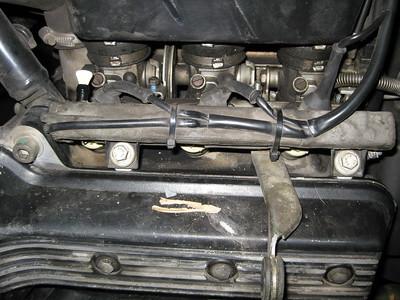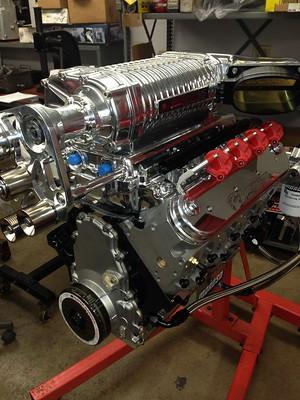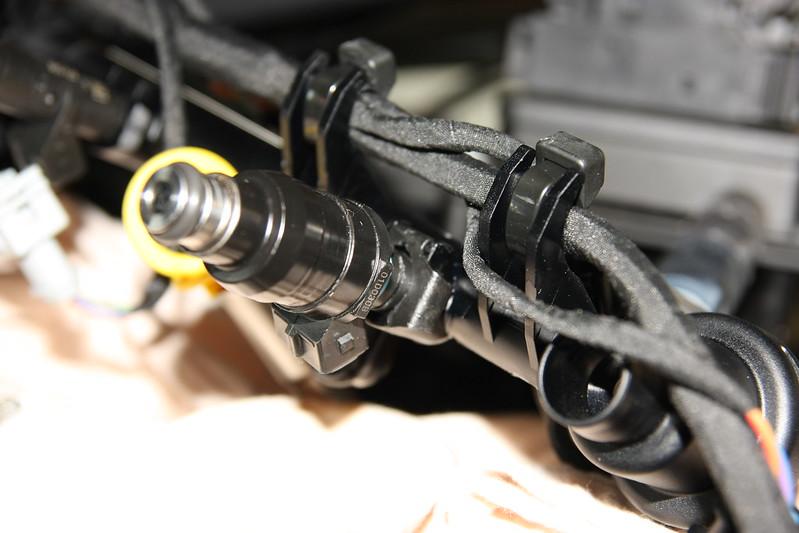Has your car ever experienced sudden stalls or a rough acceleration? It could be an indication that there is not enough fuel reaching the injectors. But what can cause this disruption in flow? Uncovering the answer might help you get back on track and make sure it doesn’t happen again.
When your engine isn’t receiving sufficient fuel, you might be dealing with an underlying issue such as clogged injectors, a blown EFI system, or even bad wiring. Further potential contributing factors could include faulty ignition modules and defective ECU units – any of which should be inspected when experiencing this type of problem.
Time is of the essence in resolving this critical issue – delaying could cause irreversible harm to your vehicle. Make sure you take a few moments to really understand all that’s at stake and address it promptly.
Troubleshooting Fuel Delivery Issues that Lead to Injector Malfunctions

Cause 1: Blocked or clogged fuel injectors
Clogged fuel injectors can be a major problem when it comes to starting and running an engine. When the passageways of the device get blocked, essential materials are unable to reach the combustion chamber- leaving engines without enough power or ignition to run properly. If you experience any issues with your car’s performance, remember that clogs in the fuel injector might be at fault and should be checked as soon as possible.
To restore the fuel injector to perfect working order, it is recommended that you consult an experienced mechanic. If this isn’t possible, removing and unclogging or unblocking it yourself can provide a viable solution.
Cause 2: Blown EFI

Electronic fuel injection systems are essential for providing engines with smooth starts and optimal power. However, when experiencing a loss of engine performance or reduced fuel efficiency, the EFI unit may be to blame. In fact, it is one of the most common causes contributing to this type of issue – poor ‘health’ in your car’s EFI system can cause an increase in emissions and reduce overall efficiency.
EFI plays an essential part in optimizing power and torque to give engines a much-needed performance boost. In doing so, EFI has become the driving force for incredible vehicle capabilities.
Cause 3: Defective ECU
To ensure your engine functions correctly, always inspect the Engine Control Unit (ECU) to make sure it’s providing accurate data. Inconsistent information signals can lead to a lack of fuel reaching the injectors and stall out your car. For best results, take your vehicle to an authorized dealership or trusted garage for thorough diagnosis and repair if needed.
Cause 4: Lousy ignition module
Is your engine misfiring or running with erratic ignition timing? It could be a sign of an underlying problem – the ignition module. This can also lead to rough-running and subpar acceleration, so it’s important to act quickly before further damage is caused. To diagnose this issue, inspect both coil systems as well as nuts & bolts that may have become loose over time. If necessary replace these components for optimal performance.
Cause 5: Defective wiring
Faulty wiring can lead to disastrous consequences. Poor fuel efficiency, engine misfires, or even stalling are some of the symptoms due to an inadequate power supply for the injectors – depriving them of getting sufficient fuel quantity. To prevent any serious damage and decrease further inconvenience, it’s important that you inspect all connection points before having a certified specialist look into this matter.
Cause 6: Low pressure at the fuel feed line
Low fuel pressure can be the reason for some serious engine issues, including unresponsive throttle, hard starting, and stalling. To ensure your vehicle’s safe performance on the road inspects any signs of a faulty regulator or incorrect function from your fuel pump with help from an expert mechanic to avoid future problems.
Cause 7: Leakage on fuel injectors
To keep your engine running smoothly, you should replace a leaking fuel injector. This will help prevent damage to the bearing and heat build-up on cylinder side walls due to thinning out fuel over time.
Conclusion
Fuel not getting to injectors can be caused by a number of different issues. These range from a faulty fuel pressure regulator or fuel pump to a faulty fuel injector itself. It’s important to accurately diagnose the issue in order to ensure that the right fix is applied. With the right troubleshooting steps and the right replacement parts, you can get your fuel system running correctly again in no time.
More resources:

